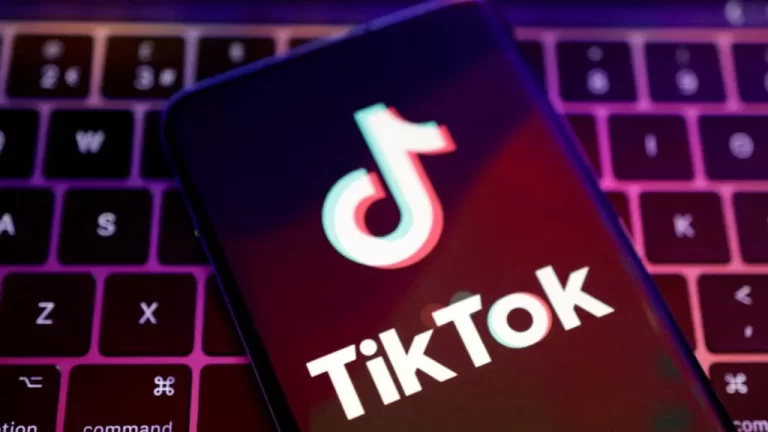TikTok says a potential ban on its app in the US would “trample the free speech” of 170 million Americans.
The US House of Representatives voted on Saturday to ban TikTok if the app's owner does not cut its ties with China.
The legislation was part of a US foreign policy package that included aid for Ukraine and could become law as early as next week. In recent months US officials have voiced alarm over TikTok's popularity with young people.
They allege TikTok's owner Bytedance is subservient to Beijing – accusations it has repeatedly denied.
The TikTok legislation was included in a package, approved by lawmakers, that would send $61bn (£49bn) in foreign aid to Ukraine, as well as money for Israel and Taiwan. The House of Representatives voted on TikTok's future first – with 360 to 58 voting on the updated divest-or-ban bill.
The Senate is expected to vote on the bill next week and previously US President Joe Biden has said he will sign the legislation. If the bill becomes law, Bytedance will have nine months to sell its stake – with a possible three-month extension while a sale is in progress – or face a ban.
A spokesman for TikTok denounced the bill, saying it “would trample the free speech rights of 170 million Americans, devastate seven million businesses, and shutter a platform that contributes $24bn (£19.4bn) to the US economy annually”.
TikTok has said ByteDance “is not an agent of China or any other country”. And ByteDance insists it is not a Chinese firm, pointing to the many global investment firms that own 60% of it.
The US House of Representatives voted in March to give ByteDance six months to sell TikTok to non-Chinese owners, or have the app blocked in the US – but that bill is still pending Senate approval.
Founded in 2012 by Chinese entrepreneurs, ByteDance first hit the jackpot with short video app Douyin in China. A year later, it launched TikTok, an international version.
The social media app was banned in China but gained a billion users in five years. It is now run by a limited liability company based in Los Angeles and Singapore but is essentially owned by ByteDance.
While its founders own only 20% of ByteDance, it is the controlling stake in the company. About 60% is owned by institutional investors, including major US investment firms such as General Atlantic, Susquehanna and Sequoia Capital.

The remaining 20% is owned by employees around the world. Three of its five board members are American. But Beijing's grip over private companies in recent years worries the US about how much control the Chinese Communist Party has over ByteDance, and the data it holds.
China has dismissed these concerns as American paranoia and has warned a TikTok ban will “inevitably come back to bite the US”. Since 2022, TikTok has been routing all US users' data through Texas-based tech giant Oracle to address security concerns.
TikTok has stressed US data will be ringfenced and stored on Oracle servers in the US. Speaking ahead of Saturday's vote, Democratic Congressman Raja Krishnamoorthi told the BBC's World Business Report programme that they want the app to continue.
“I think that it still has a lot of good content,” he said. “But most important thing is that it's not under the control or operation of an adversary country.”


